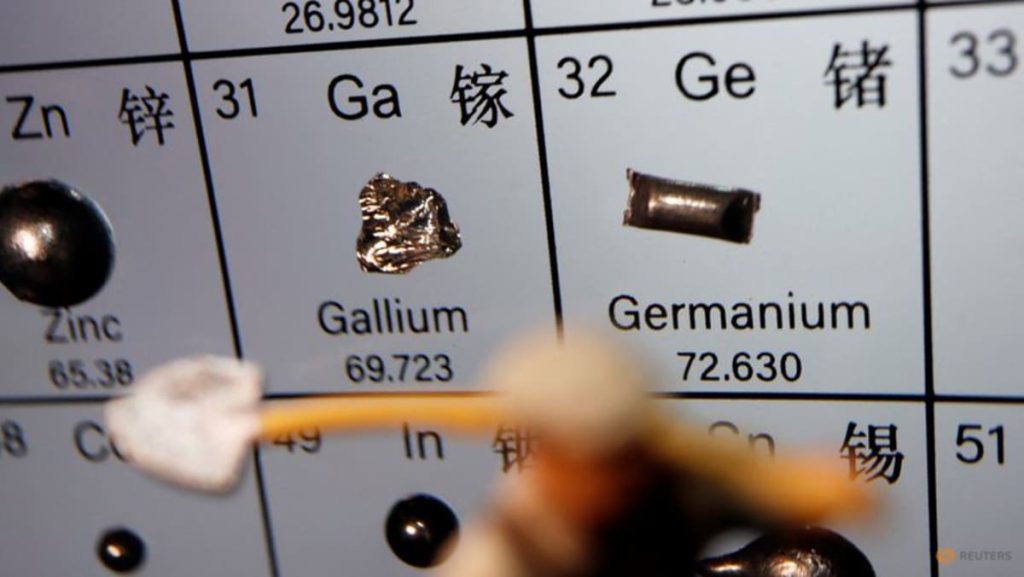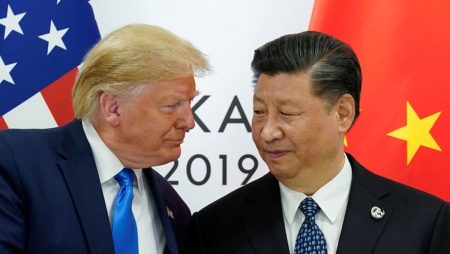On December 3, 2023, Beijing signaled the imposition of restrictions on the export of critical materials used in semiconductor manufacturing to the United States. This decision comes in response to recent actions taken by Washington that aim to limit China’s capacity to produce advanced chips. Specifically, the Chinese Ministry of Commerce announced that key metals such as gallium, antimony, and germanium would be banned from being exported to the U.S., bolstered by national security justifications. Additionally, exports of graphite, another essential semiconductor material, will face more rigorous scrutiny regarding the end-users and the intended purposes of these exports.
The rationale behind China’s tightened export controls emphasizes the need to protect its national security and to comply with international obligations related to non-proliferation. This move signifies China’s intention to enhance the oversight of dual-use items, which can be employed for both civilian and military purposes. The Chinese government made it clear that any organization or individual found violating these new regulations will face legal repercussions, signaling that it takes this issue very seriously.
On the U.S. side, the recent announcement included an expanded list of restrictions targeting 140 companies, including prominent Chinese firms like Piotech and SiCarrier, which are involved in the semiconductor sector. Also affected by these measures is the Naura Technology Group, a major player in the production of chip manufacturing equipment, highlighting the broader scope of the U.S. government’s efforts aimed at stifling China’s technological advancements in this critical industry.
These new U.S. restrictions are part of an ongoing strategy to prevent the export of cutting-edge semiconductor technology and materials to China. The U.S. government’s concerns are rooted in the potential applications of advanced chips in sensitive areas such as military capabilities and artificial intelligence systems. The measures now encompass an extensive range of chip-making equipment and essential software tools necessary for the development and manufacturing of semiconductors, indicating a comprehensive approach to curtailing China’s technological prowess.
In response to these developments, Beijing has asserted its resolve to protect its national interests, criticizing the U.S. for what it perceives as an abuse of export control mechanisms. The Chinese government claims that these measures have disrupted “normal economic and trade exchanges,” reflecting a broader sentiment that the United States is initiating a tech war that could have far-reaching consequences for global supply chains and international trade relations.
Overall, the escalating tensions between the U.S. and China surrounding semiconductor technology symbolize a significant shift in the geopolitical landscape, with each country taking steps to safeguard its technological advancement and national security. Both nations appear firmly entrenched in their positions, suggesting that the rivalry over future technologies will continue to intensify, impacting not only bilateral relations but also the global technology ecosystem at large.










